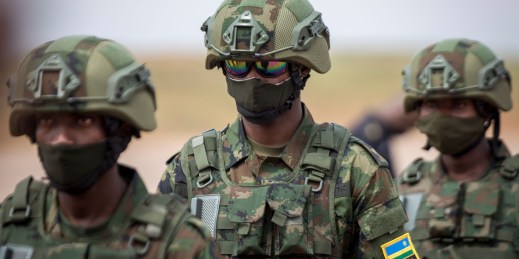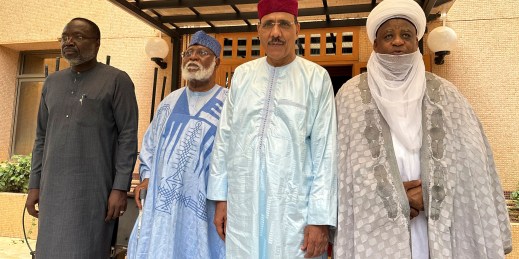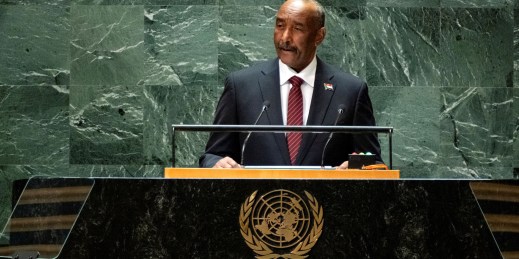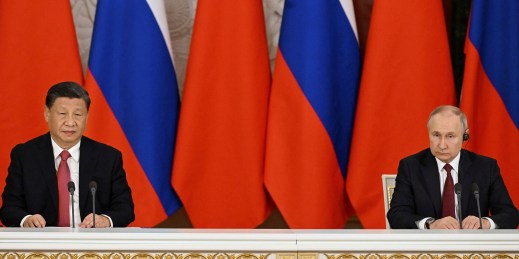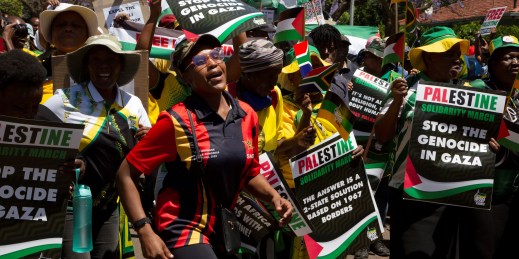
As with the war in Ukraine, fault lines in the international system have emerged amid the Israel-Hamas war. The variation in reactions is perhaps most evident among the African Union’s 55 member states, whose positions reflect different histories, traditions and interests as well as the preferences of national leaders.

